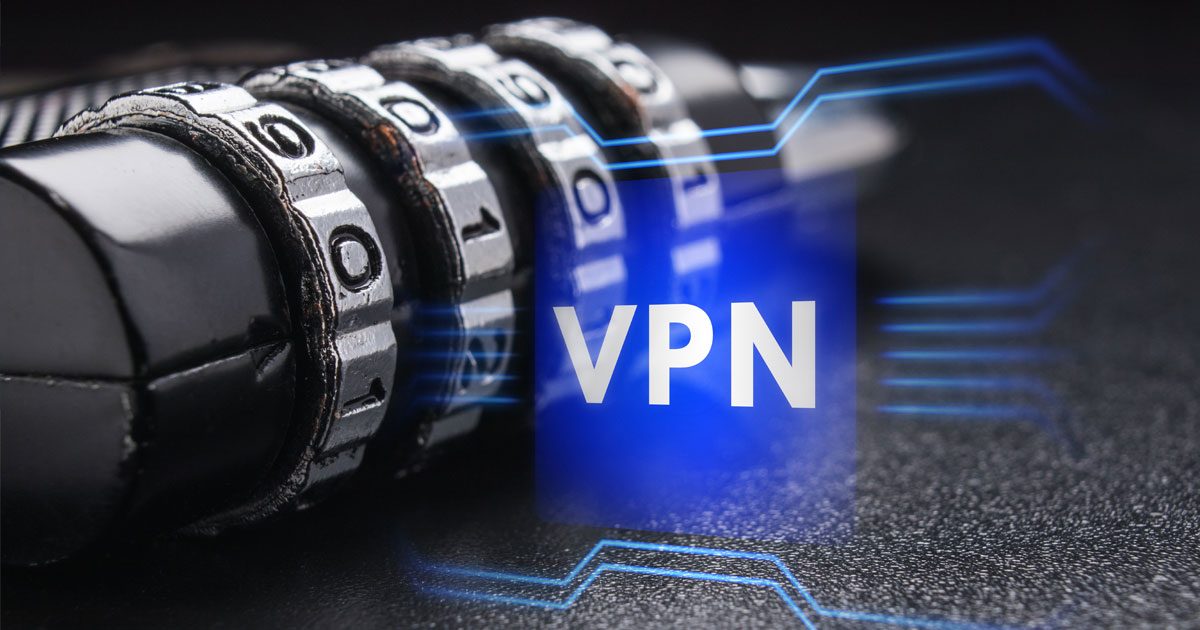Beginner’s Guide to VPN Encryption Protocols

Have you noticed options like PPTP, L2TP, or OpenVPN in your VPN software and wondered what they are? These are VPN protocols.
What Are VPN Protocols?
A VPN software comes loaded with different protocols. While the term protocol sounds way too technical, it’s really not that hard to understand. VPN protocol is just the way your data will be sent over the network. Each protocol will connect you to the VPN server but the method in which you’re connected will be different.
Any good VPN Company will give you a choice of protocols so you can select the right one for your needs. But how do you find the right one?
Guide to VPN protocols
There are several different types of VPN protocols and we’ll discuss the most common ones here.
- PPTP: So old, I wonder why it’s still in use. It can hardly be considered secure by today’s standards. The only thing going for it is that it can run on old devices and is fast. So if you’re not looking for security and are just concerned about streaming HD movies, this one can be good for you.Also, it works on almost all platforms and is pretty stable. And since its level of encryption is pretty low, it doesn’t consume many resources.
- L2TP/IPSec: Not the most secure but better than PPTP. There have been rumors that L2TP has been compromised by the NSA. If you believe in rumors and are looking for complete security, I’d suggest skipping this protocol.
But the good thing is that it encrypts the data twice so it’s definitely more secure than PPTP. This one can also run on a large number of platforms.
- SSTP: More secure than L2TP and can bypass even those firewalls that block L2TP connections. However, it’s supported only on Windows devices, so it won’t work on any other platforms like your Android or iPhone.
- IKEv2: A pretty secure and stable protocol. The problem? It’s not supported on all devices. Generally used for mobile platforms, it offers fast connections and high security.It allows network switching efficiently. So if you’re on your mobile 4G and want to switch to a Wi-Fi, IKEv2 will let you do it without losing connectivity.
- OpenVPN: The most secure protocol and is available on all devices. While it might slow down the connection a bit because of its high level of encryption, most connections are fast these days and slight speed drops are hardly noticeable.Due to its security, availability, and stability, OpenVPN has become the crowd favorite. While it’s highly configurable, it can be difficult to set up and mostly depends on third-party software tools. Not a problem though, because most VPN companies provide their own apps.
The Best VPN Encryption Protocol
Different protocols have different attributes. Some offer higher security while others offer faster speeds. Which one is right for you? It depends on your needs. Each protocol has its own advantages and disadvantages.
